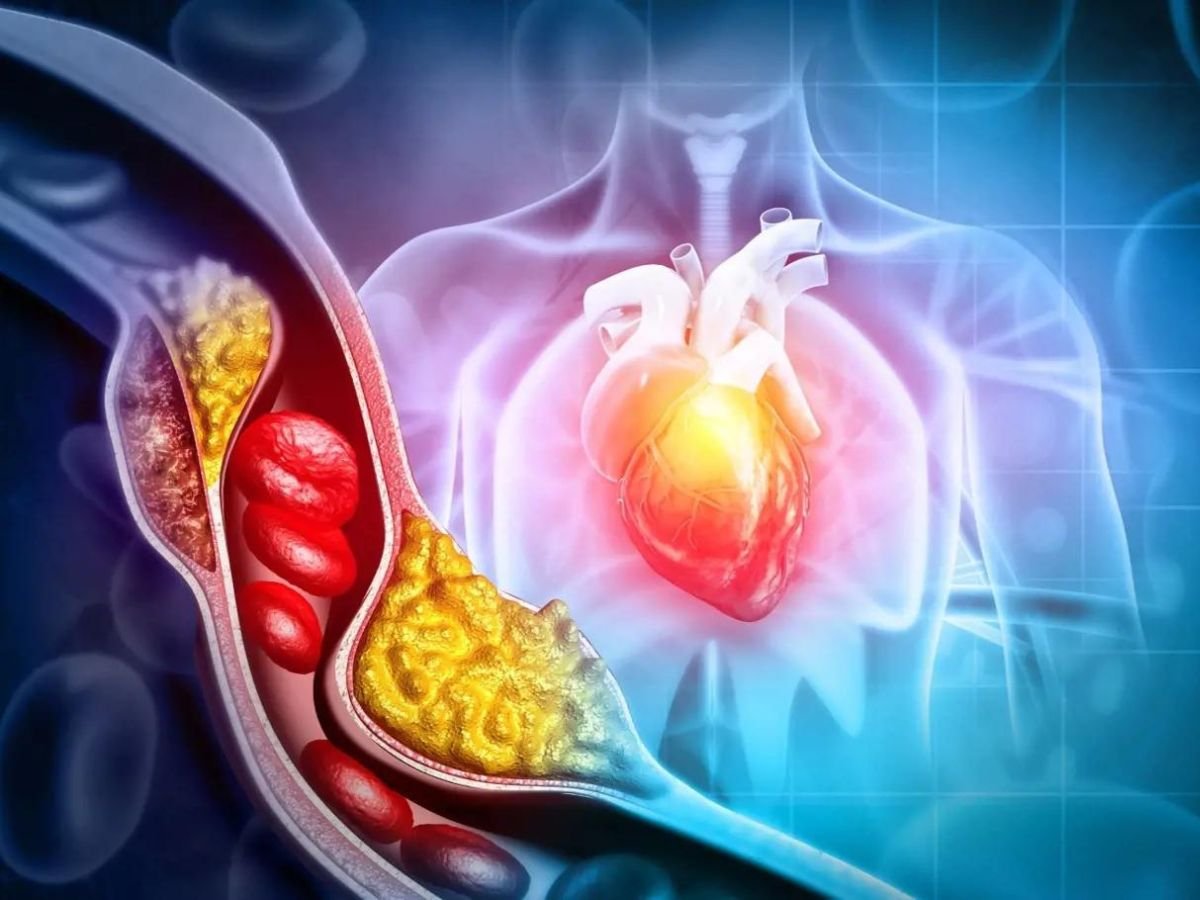New Delhi, 13 December 2024: Adopting a plant-based diet has proven to be an effective and sustainable way to manage harmful cholesterol levels and promote cardiovascular health. With the rise in awareness about the dangers of high LDL cholesterol and its connection to heart diseases, many are turning to plant-based eating as a preventive measure. This article explores how a plant-based diet works to reduce cholesterol, the foods to include, and the benefits it offers.
Understanding Cholesterol and Its Impact
Cholesterol, a waxy substance found in the blood, is essential for building cells and producing hormones. However, excessive levels of low-density lipoprotein (LDL), commonly referred to as “bad cholesterol,” can lead to plaque buildup in the arteries. This increases the risk of heart attack, stroke, and other cardiovascular conditions.
While genetic factors play a role, diet significantly influences cholesterol levels. Foods high in saturated fats and trans fats, such as red meat and processed foods, are primary culprits behind elevated LDL cholesterol.
How Plant-Based Diets Help Reduce Cholesterol
Plant-based diets, rich in fruits, vegetables, whole grains, nuts, and legumes, are naturally low in saturated fats and free from dietary cholesterol found in animal products. These diets provide essential nutrients and fiber that play a key role in managing cholesterol levels. Here’s how:
Fiber-Rich Foods: Soluble fiber found in oats, beans, and flaxseeds binds to cholesterol in the digestive system, preventing its absorption and promoting its elimination from the body.
Healthy Fats: Sources like avocados, nuts, and seeds provide monounsaturated and polyunsaturated fats, which help lower LDL levels while boosting high-density lipoprotein (HDL), or “good cholesterol.”
Plant Sterols and Stanols: These compounds, present in nuts and seeds, block cholesterol absorption in the gut.
Antioxidants: Found in colorful fruits and vegetables, antioxidants like vitamin C and beta-carotene prevent oxidative damage to cholesterol, reducing plaque formation.
Foods to Include in a Cholesterol-Lowering Plant-Based Diet
To maximize the benefits of a plant-based diet, focus on these nutrient-dense foods:
Oats and Barley: These whole grains are rich in beta-glucan, a soluble fiber that reduces LDL cholesterol.
Legumes: Lentils, chickpeas, and black beans are high in fiber and protein, making them excellent meat substitutes.
Nuts and Seeds: Almonds, walnuts, flaxseeds, and chia seeds provide heart-healthy fats and plant sterols.
Fruits: Apples, oranges, berries, and avocados contribute fiber, antioxidants, and potassium.
Leafy Greens: Spinach, kale, and broccoli are low in calories but high in nutrients that support heart health.
Benefits Beyond Cholesterol Management
Adopting a plant-based diet offers several health advantages beyond lowering cholesterol:
Weight Management: Plant-based foods are typically lower in calories and higher in fiber, promoting satiety and aiding weight control.
Reduced Inflammation: Antioxidants and phytonutrients in plants reduce chronic inflammation linked to heart disease and other health issues.
Improved Gut Health: The fiber in plant foods supports a healthy gut microbiome, which plays a role in overall health and disease prevention.
Lower Risk of Chronic Diseases: Studies show that plant-based diets are associated with a reduced risk of type 2 diabetes, hypertension, and certain cancers.
Practical Tips for Transitioning to a Plant-Based Diet
Start Gradually: Begin by incorporating one plant-based meal a day or designating a “Meatless Monday.”
Experiment with Recipes: Try different cuisines to discover delicious plant-based dishes.
Focus on Whole Foods: Avoid processed vegan products, which may contain unhealthy additives.
Plan Balanced Meals: Ensure meals include a mix of protein, healthy fats, and fiber to stay satisfied and energized.
Potential Considerations
While plant-based diets are generally beneficial, it’s essential to ensure adequate intake of certain nutrients like vitamin B12, iron, and omega-3 fatty acids, which are predominantly found in animal products. Supplements or fortified foods can help bridge these gaps.
Switching to a plant-based diet is a powerful step toward lowering harmful cholesterol levels and safeguarding heart health. By focusing on nutrient-rich, whole foods, you can enjoy numerous health benefits while reducing the risk of life-threatening cardiovascular conditions. Whether you’re looking to prevent high cholesterol or manage existing levels, embracing plant-based eating is a sustainable and effective solution for long-term health.







